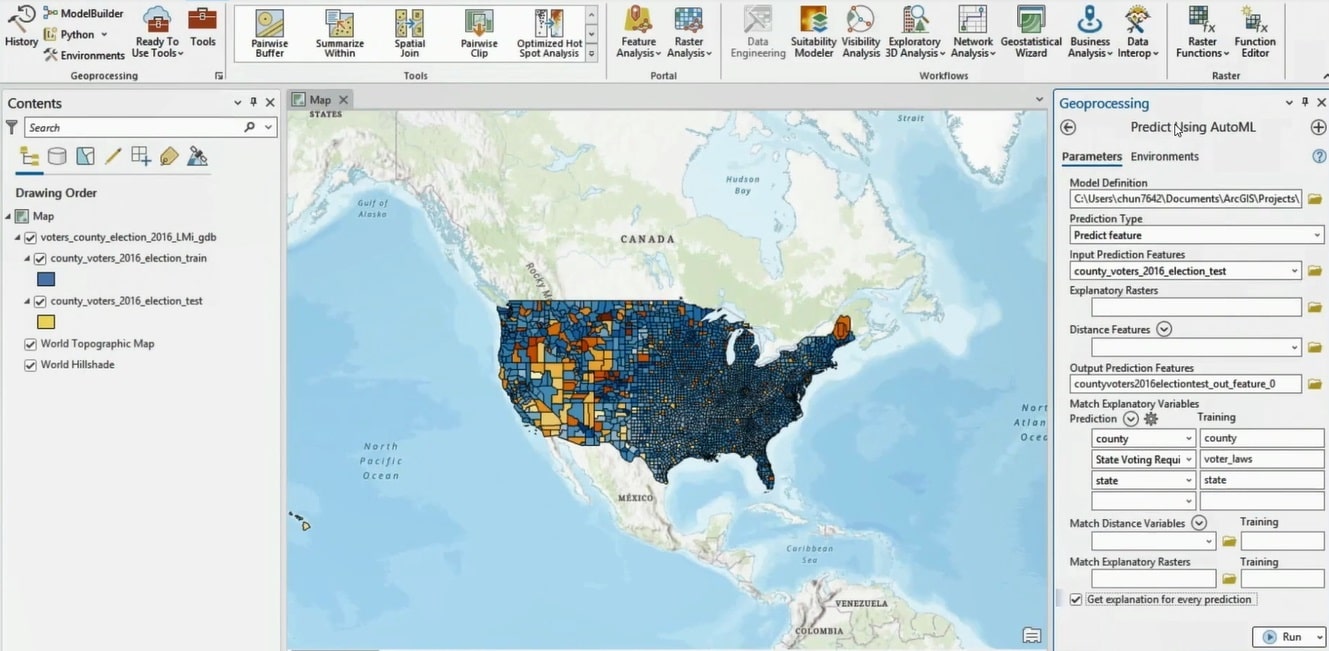Do you rent out your home as an NRI? Or you’re a renter residing in an NRI home. Are you curious about the Income Tax on House Rent or rental revenue for NRIs? Continue reading the blog.
In terms of taxes, both resident and non-resident Indians who make money in India are subject to taxation by the government of India. Non-Resident Indians or Persons of Indian Origin are considered overseas Indians under the rules.
People of Indian origin, descent, or heritage living outside India are called NRIs and PIOs. This blog will explain how non-resident Indian landlords’ rental income taxes operate, how to apply for the same tax, and Whose taxes are exempted?
Table of Contents
Who are NRIs and PIOs?
An Indian citizen who lived overseas for work, business, or any other reason that suggests an intent to stay there for an indefinite period is referred to as an NRI, as is any citizen who spent less than 182 days in India during the previous fiscal year.
Non-resident Indians have lived in India for at least 365 days over the four most recent years and at least 60 days in the year prior. Instead, a PIO is a foreign national (other than from Bangladesh or Pakistan) who has carried an Indian passport anytime in life, had Indian parents or grandparents, or has an Indian-born spouse.
Rental income taxes are to be paid by NRI and PIO
According to Indian law, regardless of citizenship status, any person whose income surpasses a specific slab (as per the taxation brackets in effect during that financial year) must submit an income tax return in the nation.
Any income earned on these properties is subject to Indian taxation because NRIs and PIOs can purchase residential and business properties in India. Property rentals that surpass the bare exemption ceiling are included in this, along with capital gains on real estate investments and other sources of income from investments in shares, mutual funds, and term deposits.
If an NRI or PIO rents out their real estate on Indian soil, the rental income is credited to their NRE or NRO accounts after paying taxes and is readily transferable back home.
Income from a property in India is taxable, and the rate is determined as if the payment were that of an Indian resident. The interest on a Non-Resident Ordinary Rupee account is subject to regular taxation in India, whereas the interest on a Non-Resident Rupee account is tax-exempt.
Taxes are withheld at the source by those who pay the rent on any rental revenue NRIs or PIOs receive while living in India. Tenants must acquire TAN numbers and deduct 31.2% of rental income as tax; the document is given to the NRIs.
How to File Rental Income Tax for NRI Renters
Here is a quick 3-step process that tenants can use to file their taxes on NRIs’ rental income quickly.
Obtain the TAN Number
The tenant residing in a home held by an NRI or PIO must obtain a tax account number (TAN) online from the Income Tax Department’s Tax Information Network. The next part of the post contains a detailed description of the TAN application procedure.
Withhold Tax at Source
After receiving a TAN number, the tenant must withhold 31.2 percent tax at the source and send the corresponding sum to the tax authorities each month, which will be paid by the 7th of the following calendar month. The land owner will receive the remaining sum (NRI).
Do fill Out the Form
The tenant must complete Form 15CA online and send it to the IT department along with the tax authority payment. Regardless of the quantity of rent due, tax on rental income must be paid. Additionally, you can consult the User Instructions to complete Form 15CA efficiently.
Tax Exemption on Rental Revenue for NRIs
The two prominent scenarios where NRIs can receive a specified rental income tax exemption are:
If they have a Certificate of Exemption
If the NRI property owner has a certificate stating that his overall income from India is below the exemption limit, the tax on rental income may be exempted. The taxpayer will be required to pay less tax on rental income in line with the AO’s order with this certificate under Section 197.
If the Double Tax Avoidance Agreement covers them
India and some other nations have an arrangement known as the Double Tax Avoidance Agreement. According to the guidelines of the taxation agreement, the NRI landlord need not pay double tax on rental income from the property in India if their country of residence has this agreement. This agreement is in place in more than 90 nations around the globe, including Canada, Australia, the UK, the USA, and others.
To Sum up
All income earned by Indians, whether in India or abroad, is subject to taxation by the Indian government. Regardless of citizenship status, any person whose income surpasses a specific slab (as per the taxation brackets in effect during that financial year) must submit an income tax return in the nation.
The tenant is required to withhold a TDS rate of 31.2 percent before making regular rent payments. So if you want to rent or Sell Property in Bangalore as an NRI, contact Oro Proptech for complete real estate solutions.
To do this, you’ll need to get a TAN, deposit it with the government and give an NRI a duplicate of the TDS certificate. Therefore, as an NRI, you must pay taxes on all rental revenue.





